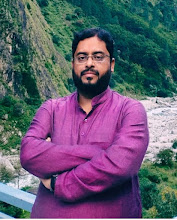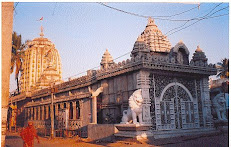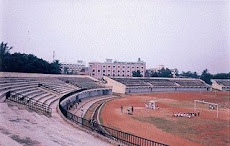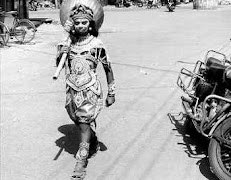Former Defence Minister George Fernandes, who passed away recently, was in Berhampur City (Ganjam) when former Prime Minister Indira Gandhi proclaimed Emergency in the country on the night of June 25, 1975.
On that day, Fernandes, a fiery socialist leader, was attending a meeting of intellectuals at Prakasham Theatre in Berhampur in the evening. While addressing the gathering, he apprehended that Indira Gandhi would either resign or might undemocratically declare Emergency in the country to retain power in her hands.
The police and the administration on being alerted beforehand had readied themselves to crack down on the dissidents.
Fernandes fled the scene when the meeting was on in Prakasham Theatre in the City. Former Kabisuryanagar MLA-cum-Janata Party leader late Tarini Charan Patnaik and environmentalist-cum-tribal rights activist Prafulla Samantara and others had helped the socialist leader escape from the scene.
He had arrived in Berhampur on June 24, 1975 and was staying at his father-in-law Humayun Kabir’s house on Gopalpur-On-Sea beach near Berhampur City, Odisha. Humayun Kabir was the Education Minister in former Prime Minister Pandit Jawaharlal Nehru’s cabinet.
George Fernande's June 25th schedule in Berhampur was packed. He attended a meeting of the Berhampur University Employees Association, a meeting with socialist leaders and workers and a gathering of intellectuals in the evening.
He was scheduled to attend a meeting of the Railways Workers Association on June 26 in Berhampur City but before that he fled the Silk City secretly.
Fernandes was the National President of the All India University Employees Association and the Railways Workers' Federation at that time.
A warrant was issued in Fernandes' name and subsequently he went underground to escape arrest and prosecution. When the police failed to capture him, they arrested and tortured his brother, Lawrence Fernandes, to reveal his brother's whereabouts.
On 10 June 1976, he was finally arrested in Calcutta on charges of smuggling dynamite to blow up government establishments in protest against the imposition of emergency, in what came to be known as the Baroda dynamite case. After his arrest, Amnesty International members cabled the Government requesting that he be given immediate access to a lawyer and that his physical protection be guaranteed.
Three world leaders from Germany, Norway and Austria were believed to have cabled Indira Gandhi and cautioned her against harming Fernandes. From Baroda, the accused were shifted to Tihar Jail but the accused were never chargesheeted.


















.jpg)


















































No comments:
Post a Comment